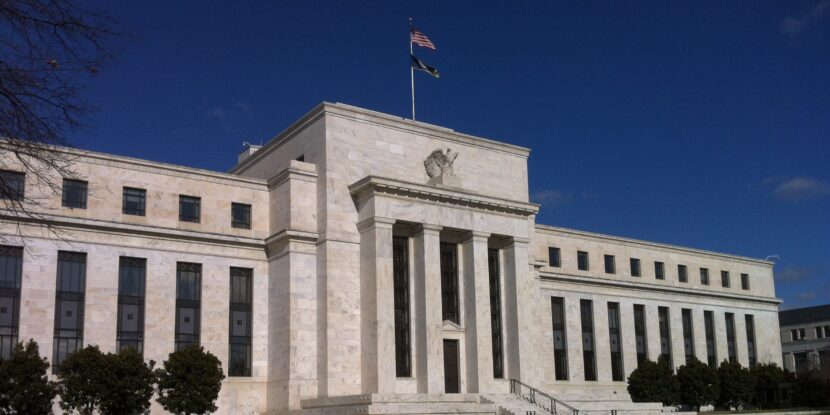❓WHAT HAPPENED: The U.S. government’s gross national debt surpassed $38 trillion, setting a new record amidst a federal government shutdown.
👤WHO WAS INVOLVED: Treasury Department, Michael Peterson of the Peter G. Peterson Foundation, and White House officials.
📍WHEN & WHERE: The debt milestone occurred on Wednesday, as noted in the Treasury Department’s latest report.
💬KEY QUOTE: “Along with increasing debt, you get higher interest costs, which are now the fastest growing part of the budget.” – Michael Peterson
🎯IMPACT: Rising debt leads to increased borrowing costs and reduced purchasing power for Americans, according to experts.
The U.S. government’s gross national debt exceeded $38 trillion on Wednesday, marking a historic record during a federal government shutdown. This rapid accumulation of debt is the fastest outside of the COVID-19 pandemic, with the nation hitting $37 trillion just this past August.
The Treasury Department’s latest report, which details the nation’s daily financial status, highlights the increasing debt. Concerningly, the long-term implications of the increasing debt could be higher costs of borrowing. “Along with increasing debt, you get higher interest costs, which are now the fastest growing part of the budget,” Michael Peterson, chair and CEO of the Peter G. Peterson Foundation, stated in a recent interview. He noted that interest payments alone are projected to rise from $4 trillion over the past decade to $14 trillion over the next ten years.
Despite the fear of mounting interest costs, the short-term and long-term Treasury bond yields—the primary signal for government debt costs—have fallen dramatically. The 10-Year Treasury yield is down nearly a full point since January 1, 2025.
“During his first eight months in office, President Trump has reduced the deficit by $350 billion compared to the same period in 2024,” stated White House spokesman Kush Desai. Treasury Secretary Scott Bessent has also highlighted efforts by the Trump administration to curtail government spending and reduce the deficit.
Join Pulse+ to comment below, and receive exclusive e-mail analyses.



















